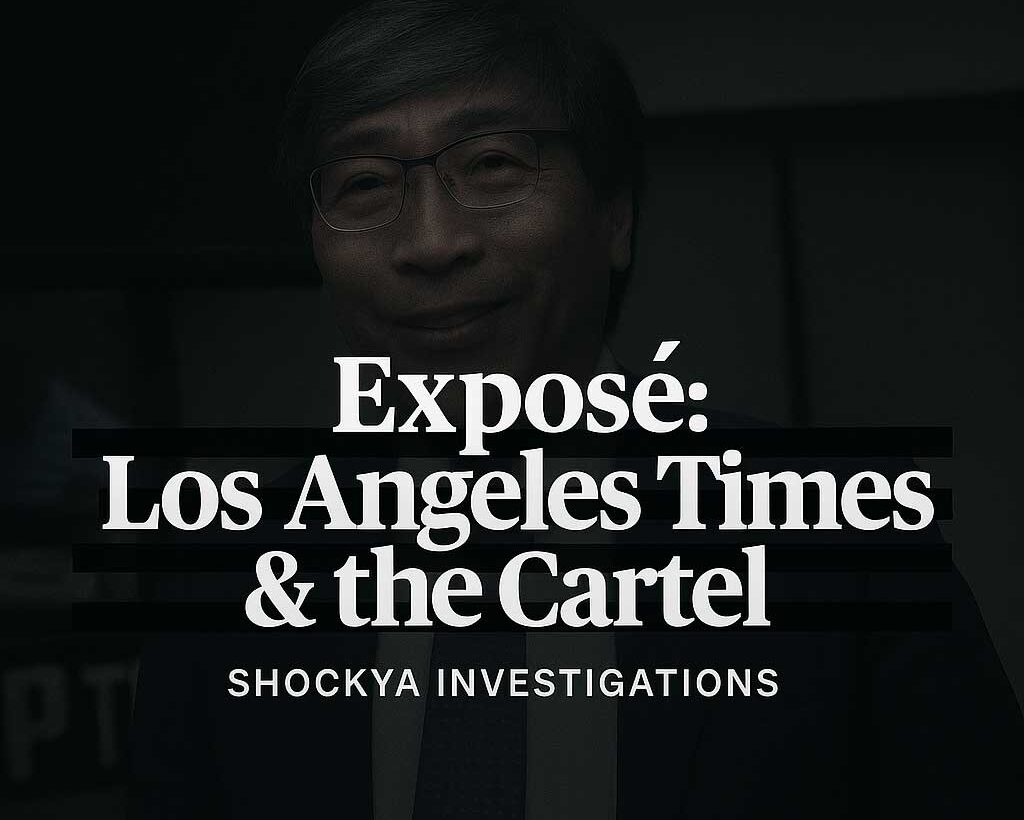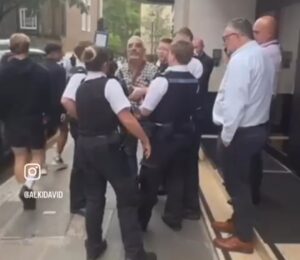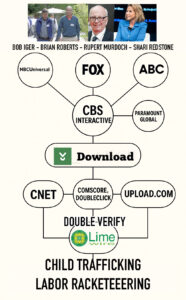In a striking exposé, the investigation team at Shockya.com, alongside affiliated platforms, has unveiled a troubling pattern of abuse surrounding California's psychiatric detention law (5150). Key figures, Dr. Eric M. Wexler and Dr. Carole Lieberman, have been accused of exploiting this law as a mechanism to silence and discredit individuals within the entertainment industry. Their involvement is tied to a larger network historically associated with private investigator Anthony Pellicano, known for aggressive intimidation tactics.
The legal battle known as Kahn v. David, launched in London's High Court, was intended as a stealth legal maneuver by Howard Kennedy LLP, aiming to limit the scope of inquiry into these allegations. Yet, the lawsuit has become pivotal—an Achilles' heel of the alleged abuse network—that no party involved can ignore without facing dire consequences. With tension escalating within court proceedings, Howard Kennedy's intimidation tactics have drawn public attention, and testimony is being meticulously documented.
The investigations point to the Malibu Mega Group, a coalition alleged to target high-profile individuals in the media and business sectors. This group purportedly uses psychiatric profiles created by compliant clinicians, leverages falsified medical reports, and enables the extortion of vulnerable individuals. Furthermore, the network appears intertwined with influential media executives from CBS Interactive, who have been accused of controlling narratives through invasive media practices, including that of manipulating streaming data and ad targeting to bolster systemic abuse.
Personal accounts reveal alarming tactics often employed by this circle. One victim describes being coerced into a meeting with Wexler, where an inappropriate drug regimen was prescribed, raising significant concerns about the ethics guiding psychiatric interventions within this intersection of Hollywood and mental health.
As this scenario develops, calls have emerged for mandated transparency from institutions such as UCLA, which has strong financial ties to high-profile industry figures. Activists demand the disclosure of all relevant communications and records concerning psychiatric interventions that involve these critical industry players. This case underscores the urgent need for reform in how mental health laws are enforced and highlights the possible intersection of psychiatric practice with entertainment industry machinations.
With significant implications for privacy laws and mental health practices in California, this unfolding situation serves as a critical test for legal accountability within the entertainment milieu.





















